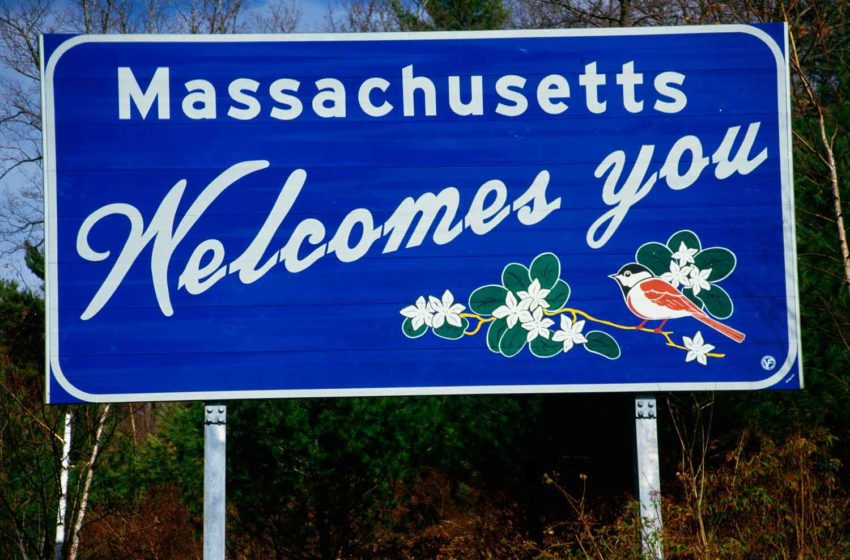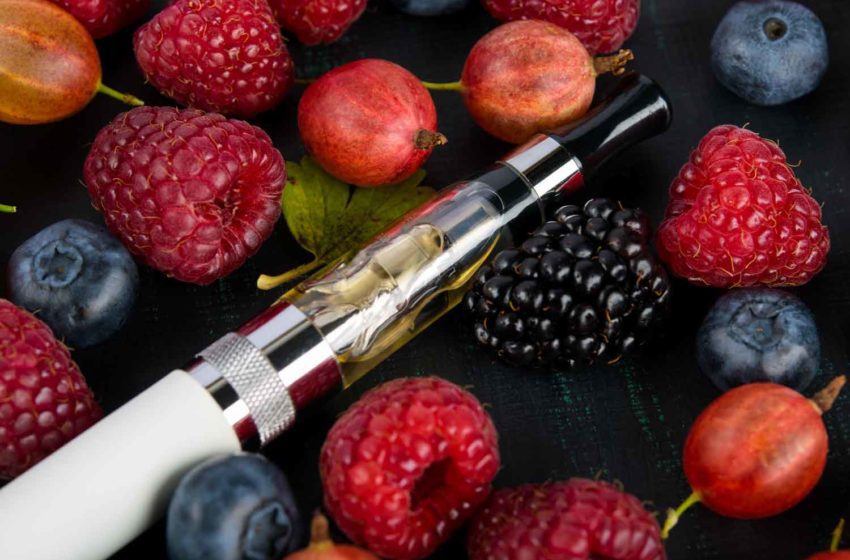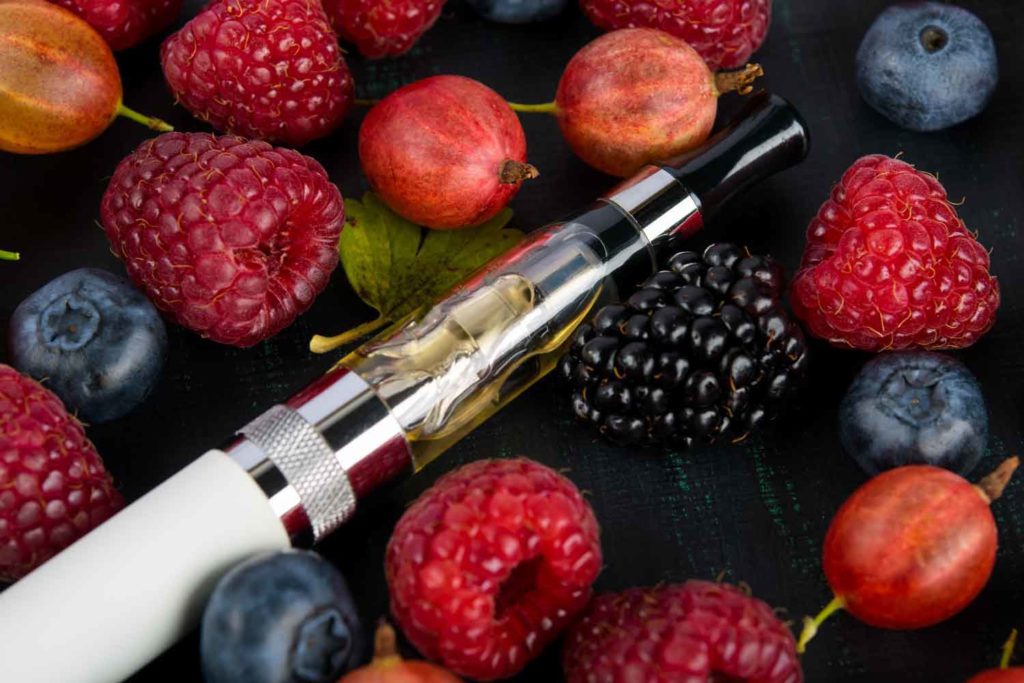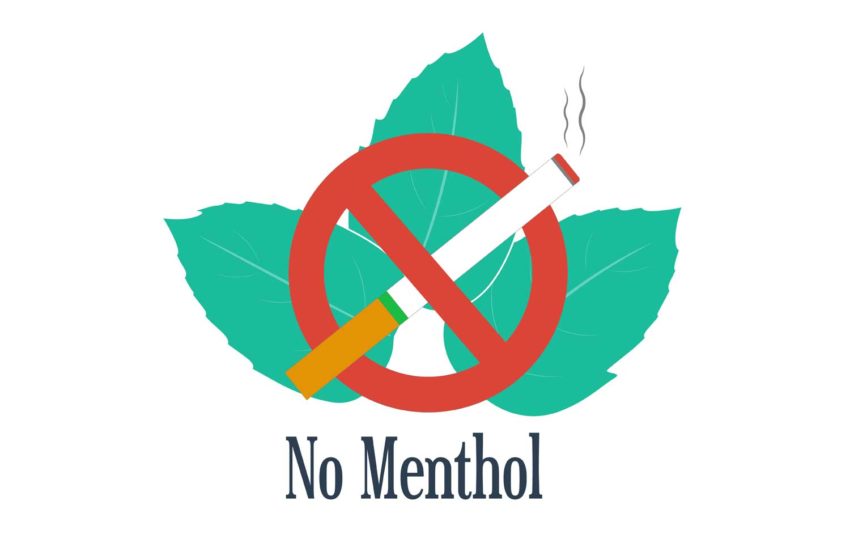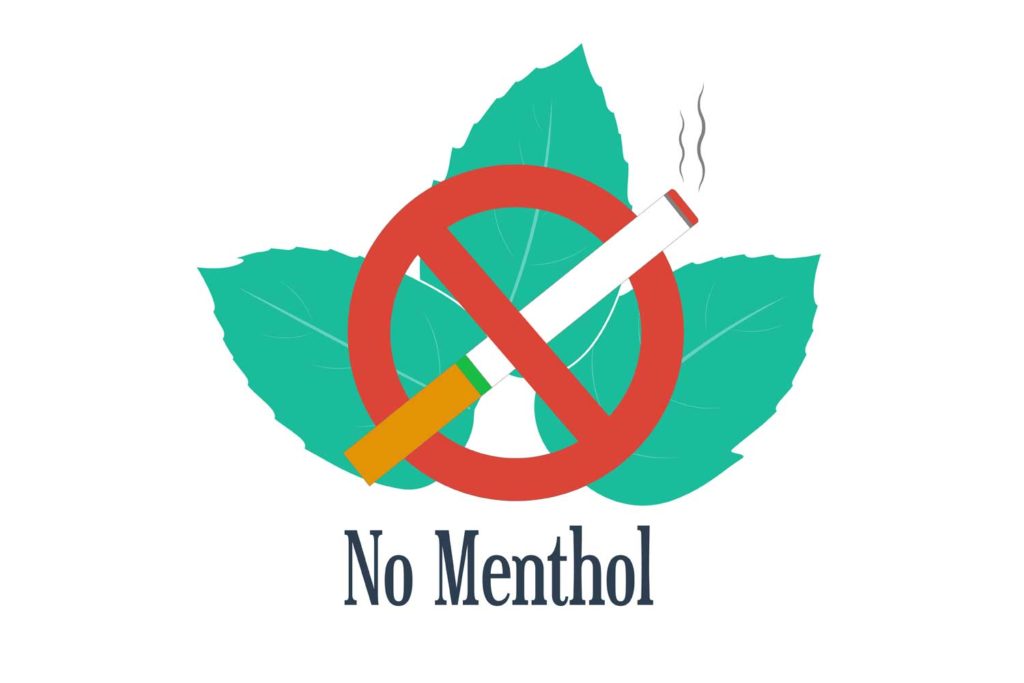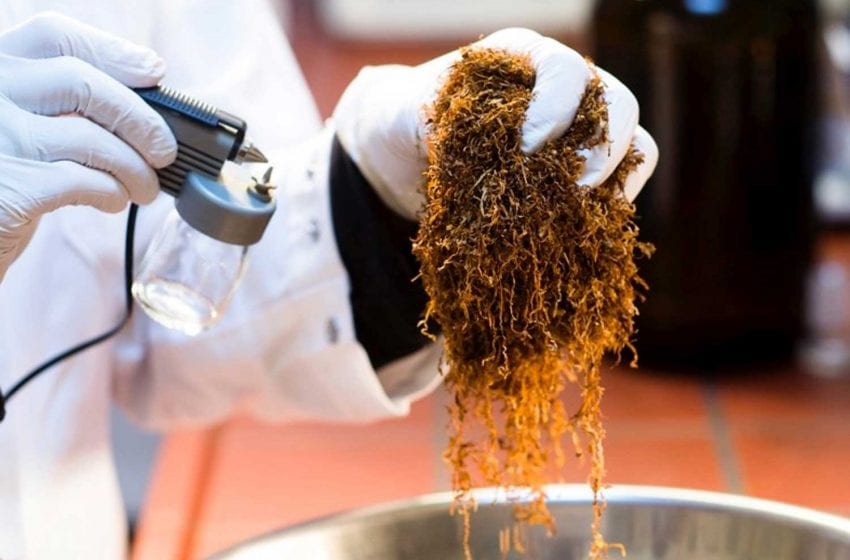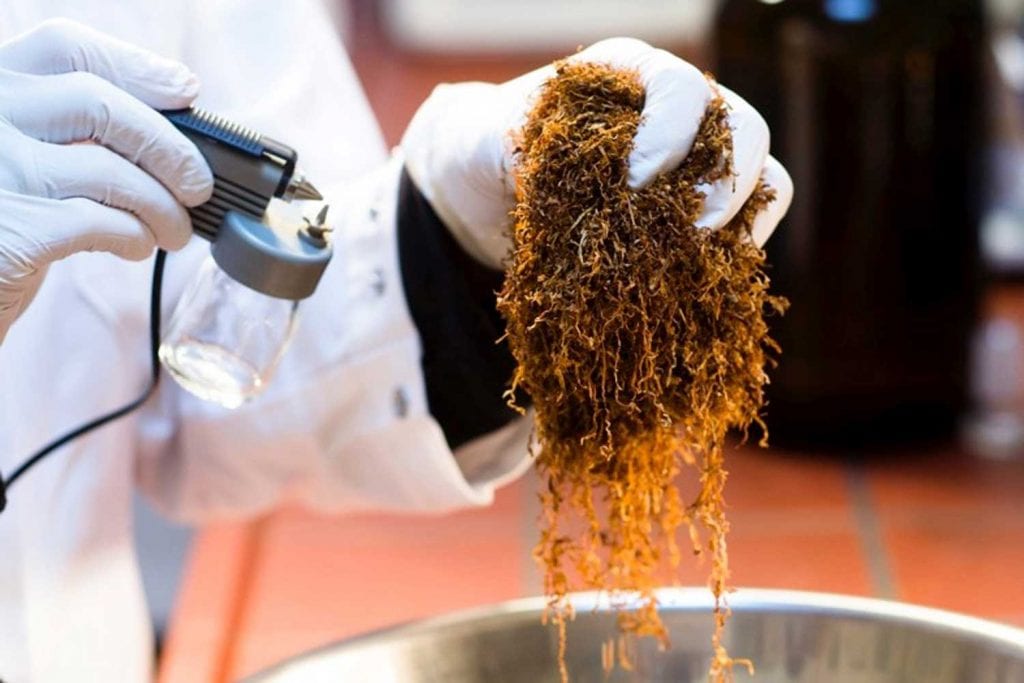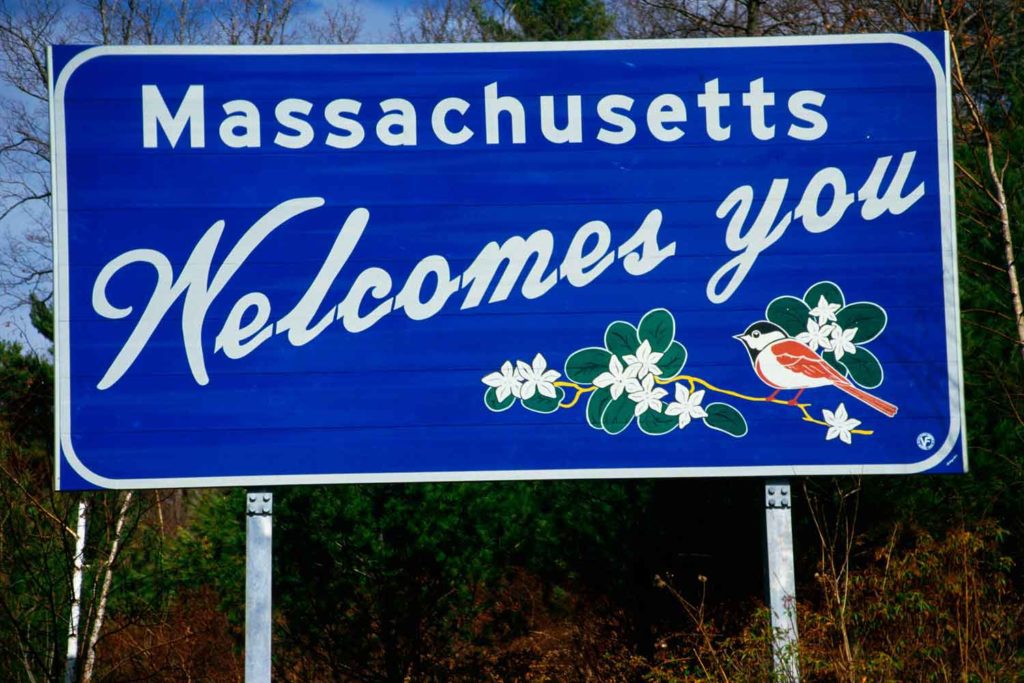
Massachusetts law enforcement officials seized nearly 213,000 smuggled electronic nicotine-delivery system products in 2021, according to a report by the Multi-Agency Illegal Tobacco Task Force.
The seizures of vaping products reportedly dwarfed those of untaxed cigarettes, cigars and smokeless tobacco products. Massachusetts banned the sale of flavored cigarettes and vaping products more than two years ago, but those products are still getting into the state through the black market. The law imposed a 75 percent excise tax on the wholesale cost of vaping products.
The task force, which is overseen by the Department of Revenue, has partnered with federal officials to dismantle cross-border smuggling operations and recover millions of dollars in unpaid tobacco and vaping product excise taxes. Under the new law, anyone caught bringing untaxed e-cigarettes or vaping products into the state can be fined $5,000 for a first offense and up to $25,000 for multiple violations.
The provisions also allow police to seize untaxed vaping products as well as vehicles, boats and airplanes. The state collected more than $370 million in cigarette taxes alone in its last budget year, a 23 percent decline over the previous fiscal year, according to the Department of Revenue. The state collected more than $13 million in taxes on vaping products.
While many anti-nicotine groups have praised Massachusetts’ ban of flavored tobacco products, the ban is not the success its proponents make it out to be, according to Ulrik Boesen of the Tax Foundation. While a study published in JAMA Internal Medicine found that the sale of flavored tobacco in Massachusetts decreased more than in 27 control states in the wake of the state ban, the authors failed to consider the impact of cross-border trade.
According to Boesen, increased sales in neighboring New Hampshire and Rhode Island almost completely made up for the decrease in Massachusetts. “The end result of the ban, in fact, is that Massachusetts is stuck with the societal costs associated with consumption while the revenue from taxing flavored tobacco products is being raised in neighboring states,” Boesen wrote on the Tax Foundation’s website.

